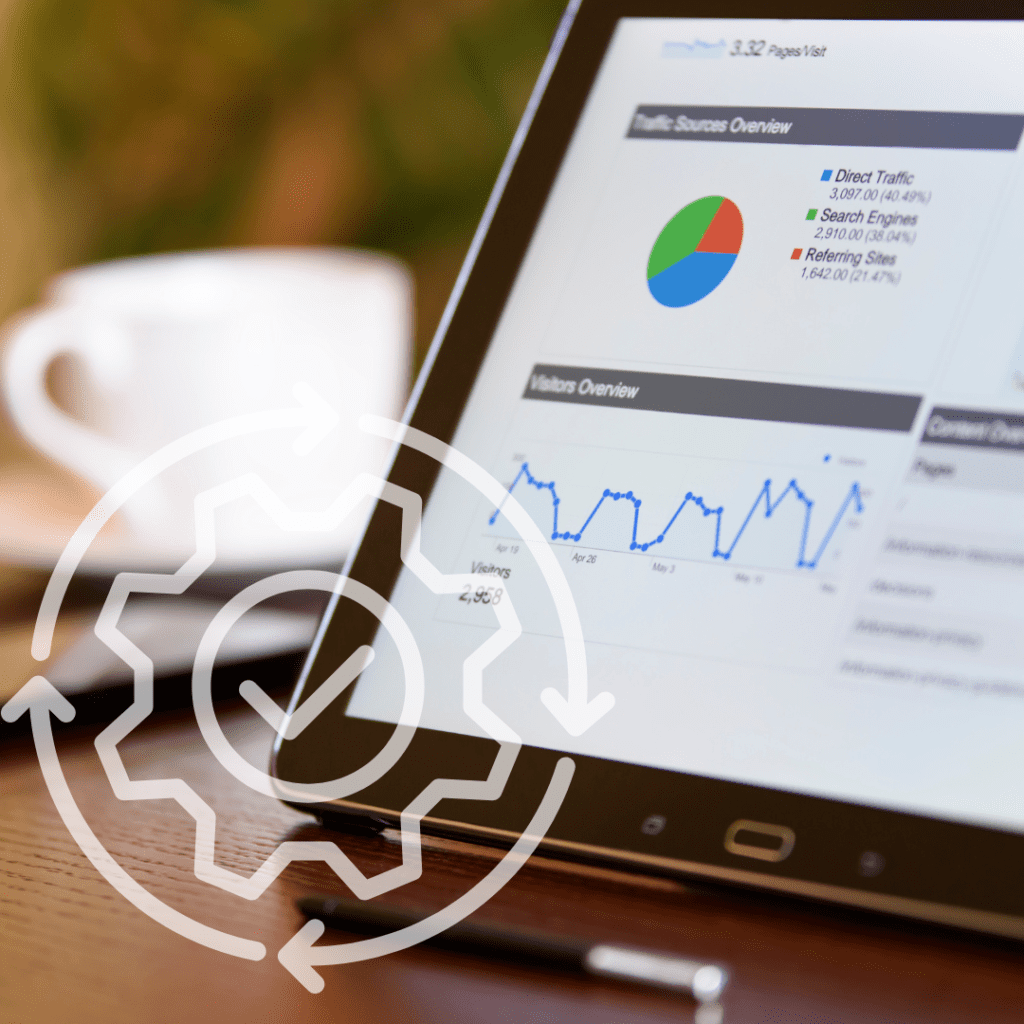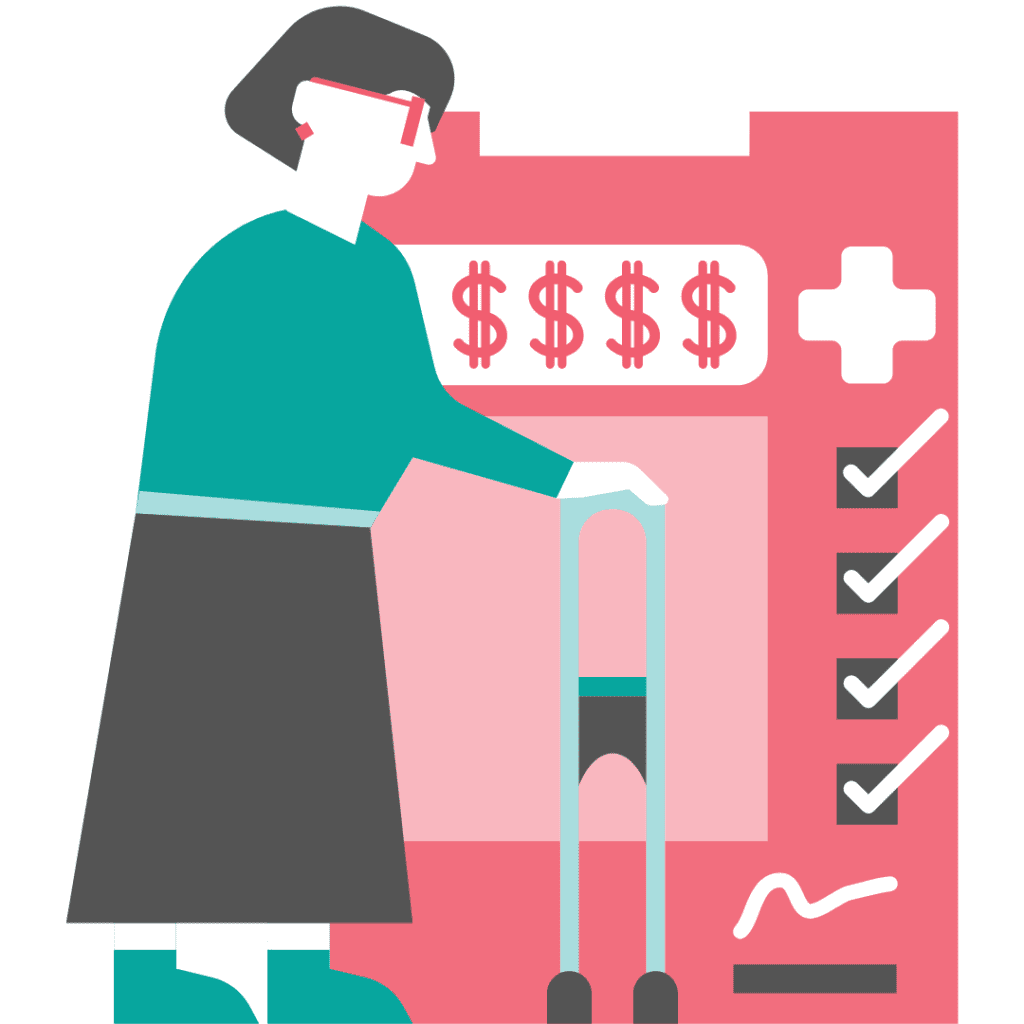Financial Accounting for Freelancers: Manage Money Like a Pro

Introduction
Freelancing is loved for the freedom and flexibility it offers and the ability to do work you love, but there are still challenges to consider when you take this path, especially around managing your finances. Freelancers are their own bosses, which also means that you need to be your own accountant. Unlike an hourly employee, freelancers have no paycheck coming in and no employer-managed benefits. This level of freedom also comes with the financial responsibility of tracking income, managing expenses, and planning for taxes or retirement. Though financial accounting is a term associated with large companies with finance departments, the financial processes involved in accounting are useful disciplines for freelancers to utilize so they can understand their financial position, make informed decisions and develop their independent business.
Many freelancers fall into the trap of only thinking about financial management when it is tax time, have cash flow problems, or do not appropriately plan to contribute to retirement. My blog will help fill the gap between freelancers and financial accounting by using common sense advice on money aspects of financial accounting unique to freelancers. Whether this is your first freelance work or you are an experienced freelancer that wants to improve your money management, this blog will help you get organized, compliant, and contribute to planning your future success. I want to get you in the proper mindset of recognizing financial accounting can be less about work and more about achieving financial independence
1. Understanding the Basics of Financial Accounting
Freelancers typically avoid financial accounting because they think it is for businesses only. But the truth is that freelancers must learn the basics of financial accounting to manage your income, track your expenses, and also get ready for tax season. Financial accounting is the process of identifying, measuring, and reporting financial transactions in an orderly manner. Financial accounting involves accurately tracking your income, accurately tracking your expenses, and keeping accurate financial records. inancial accounting requires maintaining accurate records of income statements, balance sheets, and cash flow statements. These financial documents will help you assess the health of your freelance business.
2. Setting Up a Separate Business Bank Account
If you’re looking to manage your freelance finances like a pro, one of the first things you’ll need to do is separate your personal bank account from your business bank account. Mixing the two can lead to confusion at tax time, lost deductions, and even financial and legal challenges in the worst case. Opening a business bank account gives you a clear way to keep track of income, expenses, and cash flow on a client-by-client basis, which will help with both financial reporting and budgeting
Separating your accounts will also make your appearance as a business person more legitimate to clients. You will be able to receive payments in your business name, and manage expenses directly related to your work as a freelancer! It also makes it easier to keep records, make sure you aren’t spending personal funds on business expenses, or vice versa. Many banks also have business checking accounts that cater to small business owners and freelancers, often defining your relationship with your clients on your invoice, and providing tools for expense categorization.
In choosing a bank, you may want to consider a few issues: low fees; good online banking experiences, good integration with your accounting software; etc. You may even want to consider opening a business savings account, so you have a place to put money set aside for taxes, accidents, or investments. It’s also important to understand that keeping your finances separate isn’t just good practice—it’s your way of conveying that you are serious about recognizing your freelance work as a business. It will help as you analyze your profits and growth, and help ensure financial stability as you have it longer over time.
3. Tracking Income and Expenses Effectively
Freelancers frequently have several clients, have many sources of income, and don’t always have steady cash flows. Therefore, it is extremely important to closely monitor income and expenses!
If you do not track income and expenses closely, then you risk overspending, underestimating taxes, or forgetting about client payments. The goal is to know exactly what you are earning, what you are paying, and how much you are saving or reinvesting.
To get started, you need to choose your method of accounting—whether that be cash or accrual—and commit to it. You can use a spreadsheet or some form of accounting software, like QuickBooks, Zoho Books, or Wave, to track every transaction, putting them into categories.
Some common income categories can include: payments from clients, earnings from affiliate links, or sales from your products. Expense categories can include: internet and software bills, office supplies, travel, and marketing.
You should make it a habit to record your transactions every week or every day even. Keep your receipts, invoices, and proof of payments in a digital form, for easy access and auditing. By recording transactions weekly, you can understand your spending habits more effectively, budget better, and confidently decide when to increase rates or cut services.
By knowing your income and spending status allows you to prepare complete financial reports, while drastically reducing the chance that something won’t get recorded. In other words, it is great to see quick snapshots of your finances. Being in a reactive stance puts you at risk for surprises, such as running out of cash flow or receiving an unexpected tax bill, just because you are not keeping a pro-way to proactively track your finances.
4. Budgeting for Stability and Growth
You might think budgeting is a big business thing, but it is even more crucial for freelancers due to intrinsic variability in income. A budget enables you to better manage your cash flow, helps you prepare for lean months, and sections out funds for savings, taxes, and growth. A budget provides you with much needed structure in a world of financial uncertainty.
To create your budget, you first need to review your past earnings and estimate an average monthly income. Next, make a list of your fixed expenses (rent, subscriptions, internet etc.) as well as your variable expenses (marketing, supplies, travel etc.). From there, allocate funds for each expense and include a line item for savings and taxes, Remember if you can’t get specific to start, just use a “general” rule, like the 50/30/20 rule – 50% needs, 30% wants, and 20% savings and debt.
When estimating your expenses always overestimate your expenses and whenever you estimate income, always underestimate your income to keep a conservative budget. Track your budget on a monthly basis and adjust based on income received and business needs. If you have variable income, you might also want to develop a buffer fund or an emergency fund to cover lean months.
5. Managing Taxes and Deductions
When estimating your expenses always overestimate your expenses and whenever you estimate income, always underestimate your income to keep a conservative budget. Track your budget on a monthly basis and adjust based on income received and business needs. If you have variable income, you might also want to develop a buffer fund or an emergency fund to cover lean months.
There are also several deductions freelancers can use to reduce taxable income, and keep in mind that there is no “tax-free” income; only a tax deduction. In addition to home office expenses, freelancers can deduct part of their internet, phone bills, software subscriptions, travel expenses for work, professional development courses, and if you work from home, you can even deduct part of your rent or utilities. Remember that you need to keep track of all deductive expenses, and it is good practice to keep all receipts, and supporting documentation, in case anything is questioned when you file taxes.
Depending on your existing knowledge and experience, you either might want to memorize or ignore all the tax laws and deadlines, and enlist the help of simple tax-filing software like TurboTax or ClearTax, or you might want to hire a professional during the tax-filing season. Either way, the key to a freelancer’s first job is planned ahead of time, claim the deductions you are entitled to can reduce your overall tax burden and also help keep your finances organized. You will also appreciate having planned ahead knowing that you are not scrambling to find a tax bill and not know your options or caught off guard.
6. Building an Emergency Fund
Emergency funds are especially important for freelancers because income is unpredictable. Unlike salaried employees who receive regular paychecks, freelancers can regularly find themselves in dry spells without active projects. An emergency fund provides a place to turn if you need to pay your bills (for business and personal expenses) that are unexpected or emergency expenses (like medical) instead of relying on credit or loans.
Freelancers should aim to save at least 3 to 6 months of living and business expenses. To build an emergency fund, start by putting away a small portion of your income each month. The key to a successful emergency fund is to treat it as a business expense .
Once you have an emergency fund, it feels really good and is comforting to know you have some money available \. This also will allow you to feel comfortable making a decision to refuse work . Your emergency fund will also take the pressure off your finances when you are in a low-income stage.
7. Using Accounting Software for Freelancers

The days when freelancers manually kept track of their accounts with pen and paper are gone. Today’s accounting software allows for financial management that is easier, faster, and more accurate. It can provide freelancers with automated invoicing, expense tracking, tax reports, that require little manual input work .
There are a range of popular accounting tools such as FreshBooks, QuickBooks, Zoho Books, and Wave, that provide services designed specifically for freelancers. You will be able to create and send professional invoices & quote by category project, and be able to utilize go-to reports .
Main benefits include greater accuracy, more time saved, and overall improved financial insights about your freelancing business. You don’t have to be an accountant to use them as the majority. Youwill have a simple dashboard and plenty of documentation and tutorials. And, since all services are cloud based, you can manage your finances from anywhere.
While some accounting platforms are free, other paid services may be worth the cost and the information they provide to allow you to make better business decisions, and avoid a potential pitfall with your finances. Overall, accounting software allows freelancers to be organized, tax compliant, and in control of their money like a business owner.
8. Planning for Retirement and Future Goals

Freelancers and contractors have to self-fund their retirement, and there are no employer-sponsored plans or benefits. By starting early, you can provide some comfort for your future self. Allow yourself to start thinking about your future wants and goals such as buying a home, travel, education, etc.
Begin by establishing what you want for your retirement: When do you plan to retire? How much will your monthly retirement paycheck be? You can easily find online retirement calculators to decide upon your future expectations. After you have established what your future needs are, you can look into retirement savings options to support those goals.
Next, establish how much to save on a monthly basis – eventually aiming for 10% – 15% of your total income. You will also of course want to invest with other goals in mind through as a freelancer. These have become a popular and flexible way as a casual investor. Treat any additional property or side businesses as additional forms of retirement assets, building several sources of income.
It is also important to create plans for your short- and mid-term goals. Good financial planning will require finding a balance between your short-level needs, financial security, and longer-term dreams for yourselves. Self-employed people can assure themselves that financial security isn’t just uncertainty – it can also be relief, comfort, and dignity.
Financial accounting for freelancers made simple—learn how to track, save, and succeed
Conclusion
Learning to have a grip on financial accounting is one of the best decisions. When you know where your money comes from, where it goes, and how to manage it.
Once you put the practices we’ve discussed into place: separating your accounts, tracking income, budgeting and planning for retirement. You’ll have established a framework to help meet your long-term financial goals. This applies to all freelancers: designers, writers, consultants and developers. Financial literacy is a skill that pays off no matter your niche. It takes consistency, discipline, and the mindset that this is a real business.
At the end of the day, financial freedom comes from more than just earning more money. It comes down to how you manage the money you do earn . It’s never too late to start building your financial skills. Start small and stay organized.



